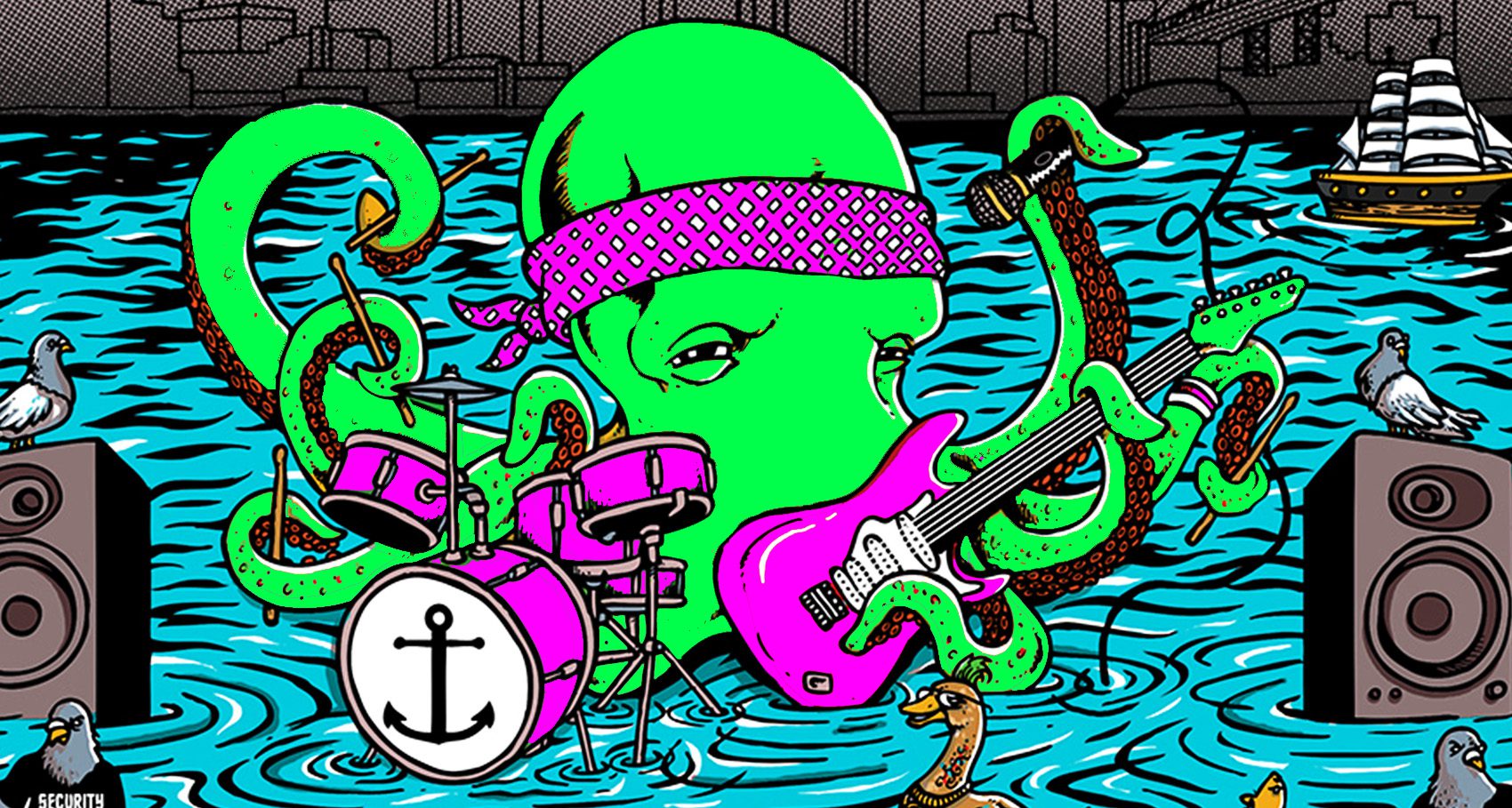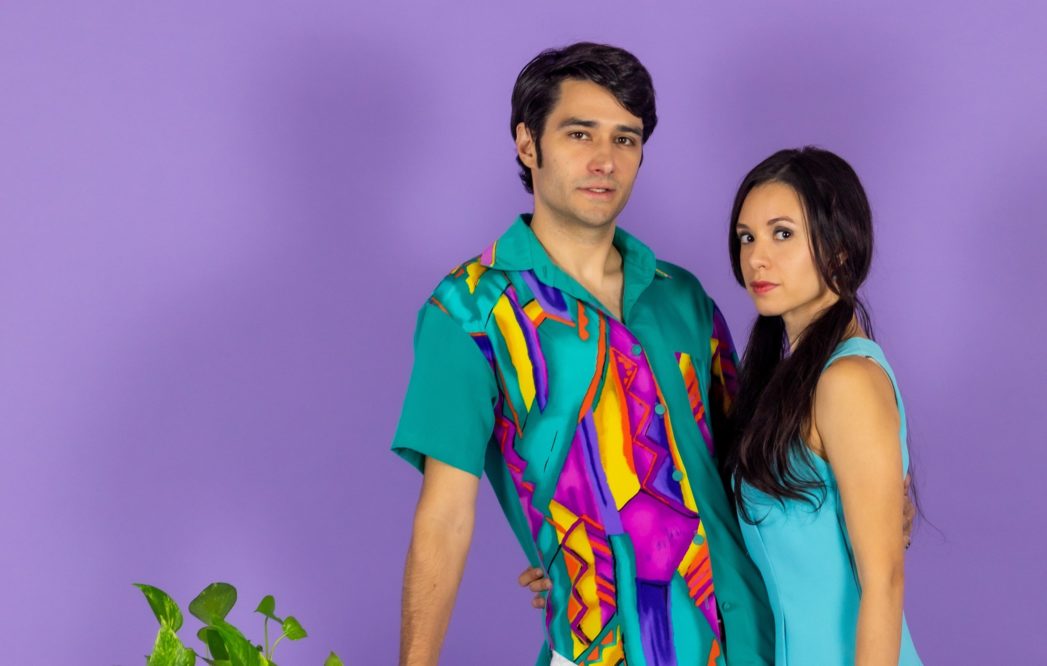Anna B Savage Premieres “Corncrakes” Ahead of Candid Debut LP


A little while back, Dublin-based singer-songwriter Anna B Savage kept coming across the corncrake — a bird that is easy to hear but often difficult to spot — in books she was reading. This species was a convenient symbol for a relationship she had at the time, which lacked the feelings of passion and romance she’d had with previous partners.
“It just appeared twice in a short space of time, not having known what it was, it being this thing you can hear but can’t certainly see, and it’s noticeable but not overwhelming or overbearing,” she explains. “When I was much younger, when I’d feel something for someone, I’d be ravenous to hang out around them all the time and wouldn’t be able to control myself in their presence. But with him, it felt calm, and because of that calmness, I was like, ‘Am I actually feeling proper sexy feelings, or do I just kind of love him?’ So that’s what that’s about, and the evolution of the way you feel things toward people when you get a little bit older.”
“I don’t know if this is even real/I don’t feel things as keenly as I used to,” she sings in a theatrical, operatic voice against acoustic guitar, deep, warm humming, and harmonies created using vocal doubling.
She and Producer William Doyle (East India Youth) provided all the vocals on the song themselves. “Will set up a microphone in the middle of the room, and we sang whatever harmonies popped into our heads and did that for the entire track,” she remembers.
The video for the single appropriately features birds, and you can hear the squawking of a corncrake in the beginning.
The symbolism of birds features prominently on her debut album, A Common Turn, which comes out January 29 via City Slang. The dark titular track, for instance, employs the highly migratory common tern as a symbol as Savage recounts conversations with a partner that led her to realize she needed to leave.
The video for “A Common Tern” references the work of performance artist Vito Acconci, who is known for doing disconcerting things like throwing soapy water in his eyes and trying to catch tennis balls while blindfolded. She reenacted the latter act, wearing white as black-painted tennis balls splattered her with paint, representing the disintegration of her personality in the relationship.
Savage’s sophisticated, high-brow music creates an interesting contrast with some of her lyrical content, particularly in her first single off the upcoming album, “Chelsea Hotel #3.” Inspired by Leonard Cohen’s “Chelsea Hotel #2,” she starts off recounting being unable to focus while receiving oral sex and segues into her larger sexual journey, candidly singing about not orgasming until she was 18 because she’d learned it was all about PIV and didn’t masturbate. At the end, she arrives at a New Year’s resolution: “I will learn to take care of myself.”
“I’d always kind of relied on other people, and I never really thought I was allowed to masturbate — it hadn’t even crossed my mind that I could be autonomous about my own sexual desires or capacity, and I think it’s important to hear women talk about sexual stuff,” she says.
The rest of the album deals in various ways with self-esteem, sense of belonging, and “a sense of trying to understand yourself and having to wade through all the shit you get taught and find out who you actually are,” she says.
Savage’s music is difficult to classify genre-wise; it incorporates elements of rock, jazz, and even classical music. Lyrically, her intellect and thoughtfulness are evident throughout her work; her songs read like analyses of past experiences or conversational musings on common topics of discussion. In “I,” off her first EP, for instance, she sings, “I would say that I’m a feminist/But there’s something key that I have missed/Cause I want to be strong and I’d like to be fine/And I hate that it’s fueled/Even in part by my own mind.”
Both of Savage’s parents are opera singers, so she spent much of her childhood backstage. “Singing always felt like the most natural thing to me,” she says. She learned guitar at age 13 and has been making her own music since, accompanying herself on guitar and piano. Recently, she moved from London to Dublin to get a master’s degree in music.
Her other current project is making a movie with her ex-boyfriend and first love Jem Talbot, also the director of her “A Common Tern” video, about their relationship. After not speaking for seven or eight years, she had a dream about him and checked up on him, then they met up and started talking about the project. The film became a chance for them to examine their relationship, including intimate aspects like losing their virginities together; they even interviewed a mutual friend to get an objective version of the story after realizing each of them had different memories of the relationship.
Savage grew inspired to make candid art about sexuality after reading the book I Love Dick by Chris Kraus, which documents the author’s obsession with a man she meets at a party; she sends him hundreds of letters until he takes her to court, and she reassures him that the letters don’t really have anything to do with him.
The book introduced Savage to “the concept of being allowed to write about whatever the fuck I wanted, and it didn’t matter who I was writing about,” she explains. “Women have always been muses, and men are used to them always being muses, and it doesn’t have to do with any of them. I feel like it gave me a permission slip to write about whatever the fuck I wanted to.”
Follow Anna B Savage on Facebook and Instagram for ongoing updates.




